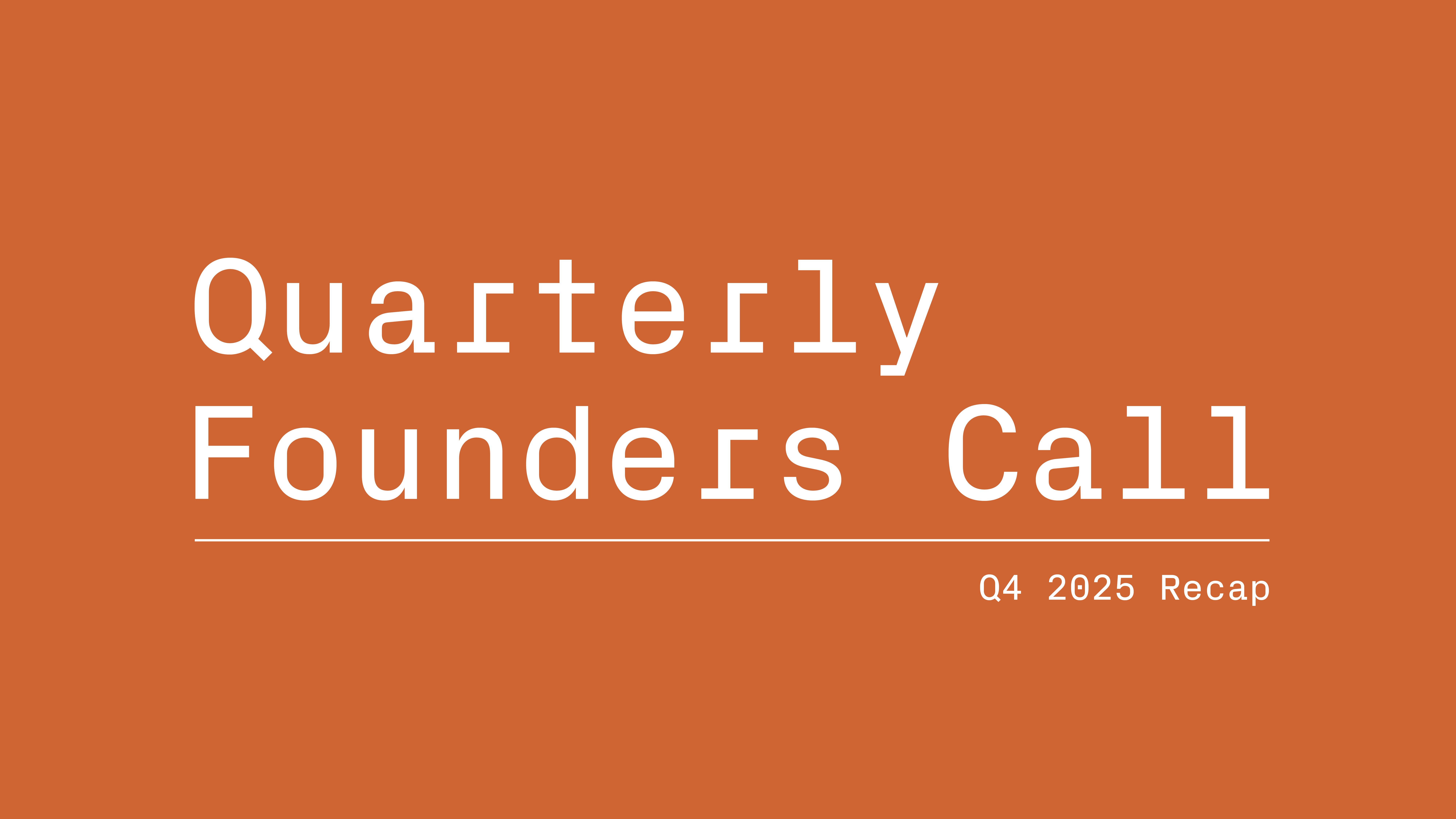The second Bitcoin Renaissance event of the year occurred in Seoul, South Korea last week, attracting many projects actively building on Bitcoin. Babylon co-hosted this Bitcoin-focused side event during Korea Blockchain Week, solidifying its commitment to collaboration and innovation within the Bitcoin community.
This Bitcoin Renaissance is driven by a wave of innovation that seeks to expand Bitcoin's utility beyond its traditional roles as a store of value and medium of exchange. Concepts like Bitcoin staking, ordinals, Runes, Layer 2 sidechains, and Bitcoin's potential as a security layer are driving this transformation. The conference captured this spirit, bringing together a diverse group of Bitcoiners, developers, and innovators who aim to reshape the ecosystem’s future.
Fueled by this momentum, Babylon's mainnet launch of native staking on August 22nd stands out as a significant milestone. This development aims to unlock new opportunities for Bitcoin holders, like earning yield on their asset and participating in the growing Bitcoin DeFi ecosystem, and for Proof of Stake (PoS) chains to use Bitcoin security as their main source of security and decentralization.
During his keynote address, Babylon co-founder Fisher Yu emphasized the importance of this achievement: “Babylon Bitcoin Staking is the third native use case of Bitcoin [after storing and transferring value] and is trustless and self-custodial. This means that staking is safe as long as the Bitcoin chain is secure, and the staker acts honestly.”

Adoption and challenges of Bitcoin Staking
The first panel following Yu’s keynote focused on Bitcoin’s HODLing to Staking journey. The panelists tackled common misconceptions and concerns about Bitcoin staking.
The Babylon platform emphasizes self-custody and trustlessness, encouraging Bitcoin holders to put their idle assets to work in a yield-bearing manner. As Eowyn Chen, CEO of Trust Wallet, put it: “There is a lot of synergy between holding and staking. Bitcoin has a high potential steering investors away from simply holding and introducing them to the DeFi world in a low-risk way.”
The panel also dove into several adoption challenges for Bitcoin Staking. For example, achieving mass adoption, particularly among retail users, while ensuring a fair distribution of Total Value Locked (TVL) among all PoS projects remains a key hurdle. Further, the variety of PoS systems could pose technical challenges for creating a seamless integration system.
However, there was significant enthusiasm for Babylon Bitcoin staking during Babylon’s phase-1 launch. In fact, the phase-1 hard cap of 1,000 BTC was quickly filled, with an average of 0.01 BTC staked, signifying accessibility and inclusivity.
Following the Mainnet launch, Bitcoin transaction fees increased roughly tenfold. In fact, the average transaction fee on launch day was approximately 7.5 sat/vByte (the measure of how much blockspace a transaction takes), a significant jump from the previous day’s average of 0.7 sat/vByte.
Future of Bitcoin Staking and DeFi integration
Another interesting theme emerged throughout the panels and keynotes is the desire to see Bitcoin accepted as an asset with yield-bearing opportunities that can be used across various DeFi ecosystems, including EVM layers, L1s and Rollups, and various DeFi protocols.
For example, both Lombard Finance and Lorenzo protocol, built with Babylon Staking Protocol, enable users to lock BTC into their platform and receive a liquid staking token (LST) in return. The LSTs can then be used in other DeFi activities (such as lending, trading, and other staking).
The conference also showcased other innovative projects leveraging Babylon’s infrastructure, including AltLayer, B² Network, pStake Finance, Akash, Stacks and SatLayer, all pushing the boundaries of what's possible with Bitcoin.
Lastly, the need for Bitcoin Staking is particularly important for institutional investors, as highlighted by the “Institutional Adoption of Trustless Bitcoin Staking” panel. Kay Lu from Hashkey emphasized that “institutional clients have an eager and strong need for their BTC exposure to return yield.” Figment, a staking solution built for institutions, is even starting to integrate with Babylon to streamline Bitcoin staking for their clients.

Other Conference Highlights
The event’s agenda included numerous keynote speakers and insightful panel discussions, each diving into various aspects of the Bitcoin and DeFi landscape.
If you missed the event, don't worry! You can catch up on the keynote speeches and panel discussions to learn about the latest developments in the Bitcoin space.
Watch the Bitcoin Renaissance conference


.png)
